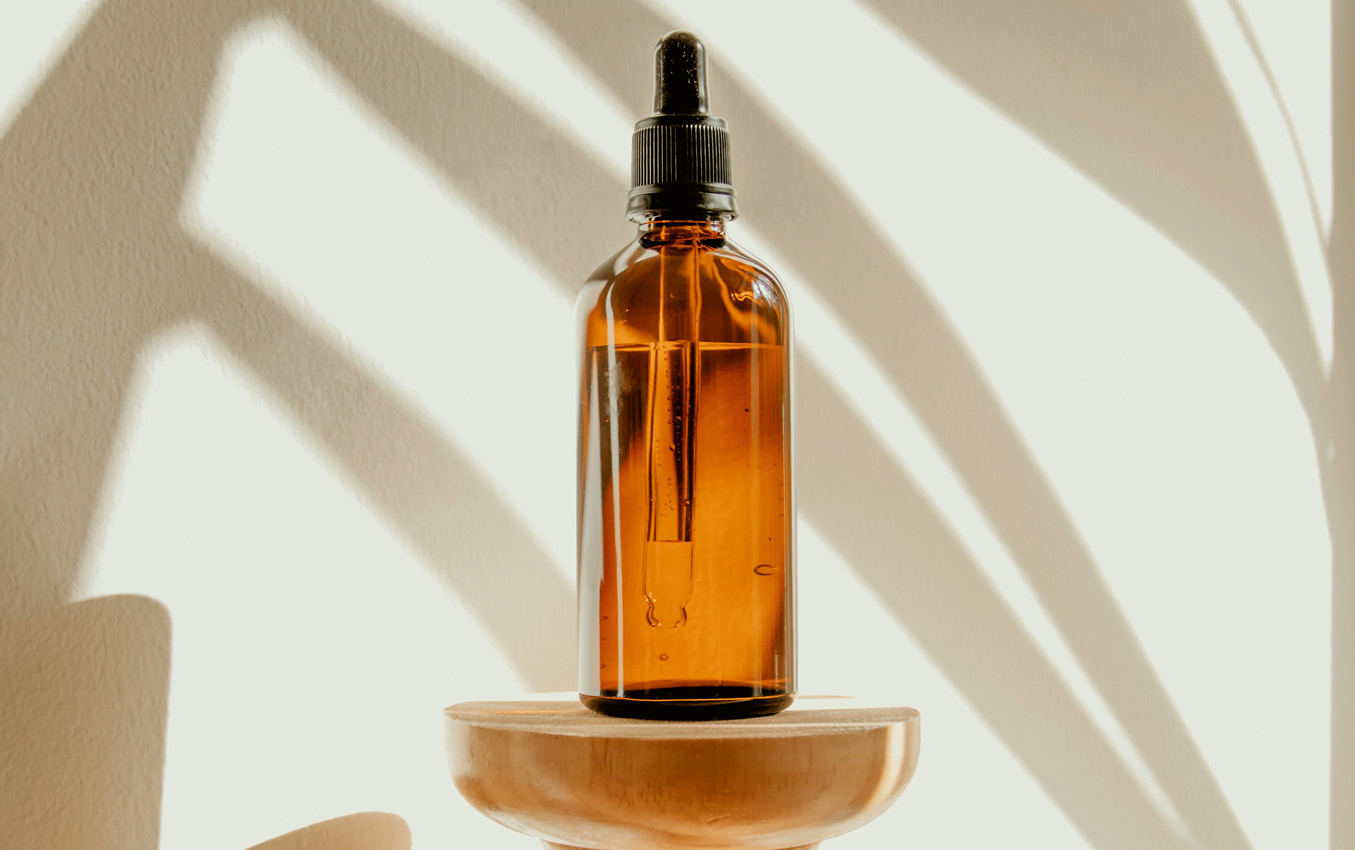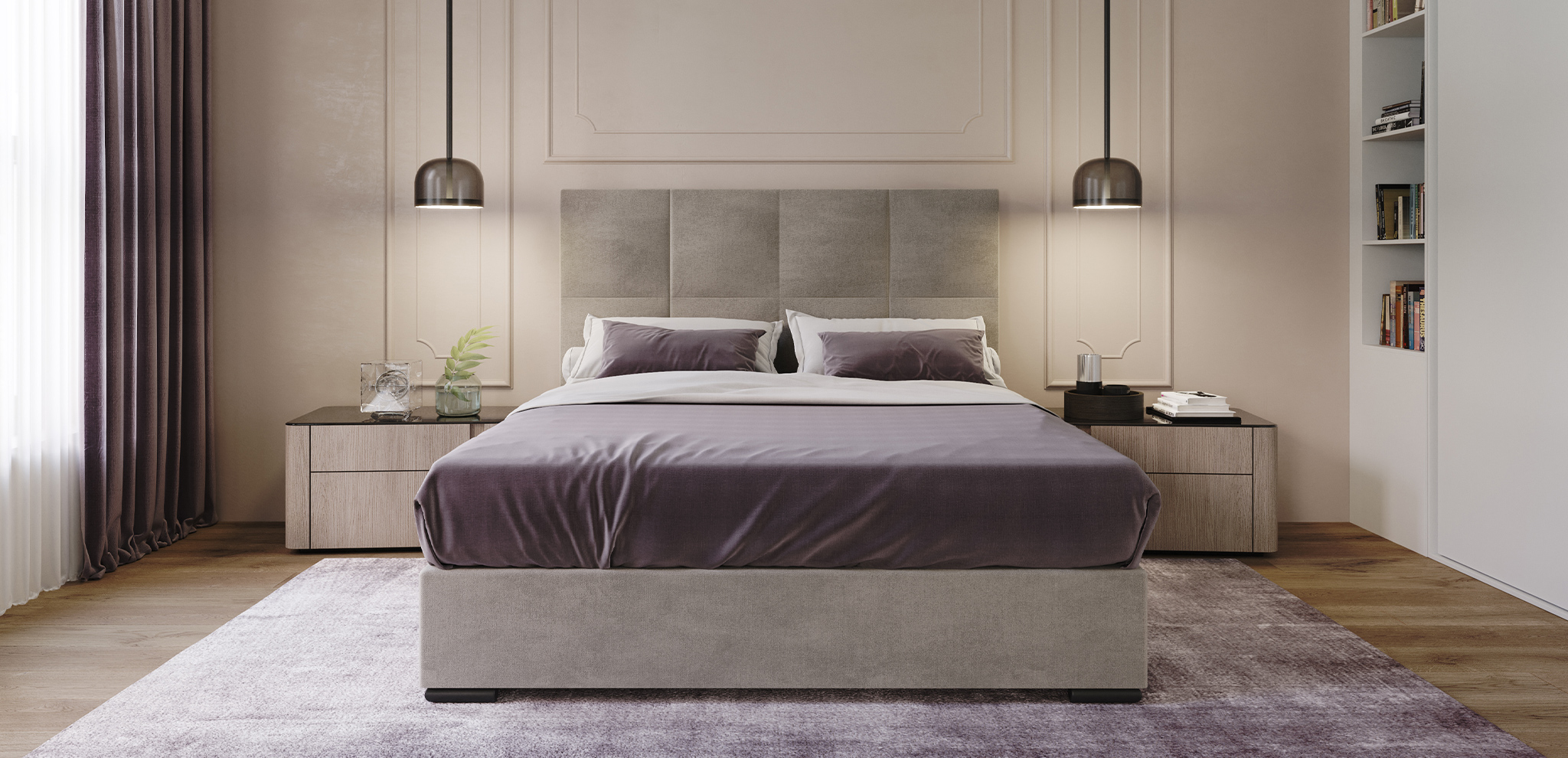06 April 2020 | Conseil du bien dormir
This confinement seems to be an opportunity to catch up on some missing sleep however, beware: sleeping more does not mean sleeping better. Here is some advice to not lose your footing and to maintain a certain discipline during this health crisis.
In a time of pandemic, a general state of emergency and increasing uncertainties, the coronavirus (COVID-19) has impacted the daily life of Swiss people, even going so far as to affect the quality of their sleep. Some of the more vulnerable must remain confined to their homes and others are discovering teleworking, while redoubling their inventiveness to care for their dependent children. This confinement seems to be an opportunity to catch up on some missing sleep however, beware: sleeping more does not mean sleeping better. Lengthening our sleep periods too much may also finally lead to fatigue.
During these very unusual times, our external sleep synchronising elements are diminished. The rhythm of our days and our daytime habits have changed suddenly. We do less sport, we expose ourselves less to daylight, we snack more, while stress and anxiety are also on the increase. Yet we need more strength than ever! Here is some advice to not lose your footing and to maintain a certain discipline during this health crisis.
1
Go to bed, get up
and eat at your usual times
Even if the structure of daily life and its rhythm have changed for most of us, it is highly recommended to go to bed, get up and eat at your usual times, especially in the teleworking context. This helps to avoid disrupting your biological clock and to maintain or even improve your habits: it could be an opportunity to take the time to eat breakfast. It might be an idea to take the time to cook with family? For those lucky enough to have a garden, a balcony or a terrace, it is good idea to get a dose of daylight in the morning to top up on vitamin D.
2
Avoid stimulants
While staying at home, the temptations are numerous; alcohol, caffeine, sugar in food, binging on films and series as well as social media for entertainment. It’s an opportunity to break bad habits! Alcohol in particular shifts sleep phases and therefore affects sleep quality. Screens are extremely tempting during confinement. However, they create an excess of excitement and stimulation for the brain. When there is too much blue light from screens, it resets our biological clock to zero and blocks the regulation of the sleep hormone melatonin. Screens and any food stimulant should be avoided 1 to 2 hours before going to bed.
3
Physical activities at home
How to keep fit during confinement. Get moving, at home! 30min of light to moderate physical activity per day is sufficient. As well as helping you fall asleep and increasing the quality of sleep, a little sport can help reduce any feeling of anxiety while staying in shape of course. Many explanatory videos or applications, such as Fizzup , Daily Yoga or Sworkit Lite, free or paid, are available for all ages and all levels, with activities that can be done in small areas and without specific equipment.
4
Take a deep breath, meditate and read
The current crisis can be taken positively as an opportunity to slow down. Particularly favourable for introspection, it is the opportunity to practice calm and restful activities. When we are caught up in anxiety, our mind is dispersed and cannot concentrate. Meditation means cultivating a different kind of relationship with your own thoughts, focusing on the present moment, on your breathing, on bodily sensations and drawing on energy stores to face events. Breathing and meditation exercises help to fall asleep because they can provide a profound feeling of well-being before bedtime.


